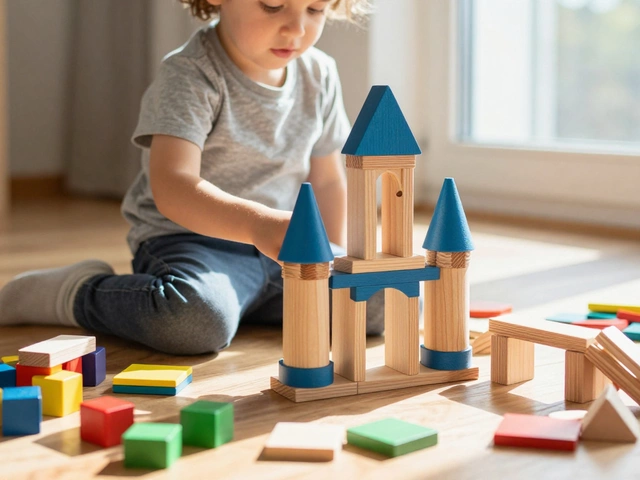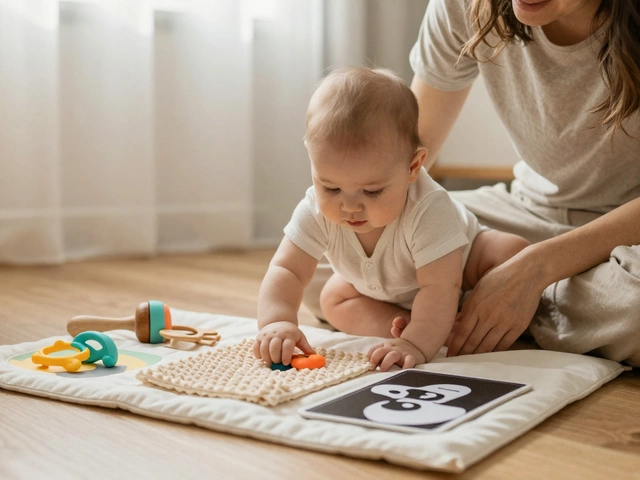Newborn Development: What to Expect and How to Help
Welcome to the wild ride of newborn development. In the first few months your baby goes from a tiny, sleepy bundle to a curious little explorer. Knowing the key milestones and simple ways to support growth can make those sleepless nights feel more rewarding.
Key Milestones in the First Weeks
During the first week most newborns focus on basic survival: feeding, sleeping, and staying warm. You’ll notice reflexes like the grasp reflex – if you place a finger in their palm they’ll automatically close their hand. By the end of week two they start to show a bit more alertness, tracking objects with their eyes for brief moments.
At around one month, many babies begin to lift their head briefly while lying on their stomach. This is the first sign of neck strength. You might also see them start to smile socially – a tiny, involuntary grin that appears when they hear a familiar voice.
By the third month motor skills improve noticeably. Your child can hold their head up for longer periods and may start to push up on their forearms. Vision sharpens; they can follow moving objects across a larger portion of their visual field. Auditory skills develop too – they’ll turn their head toward sounds, especially your voice.
Practical Tips for Supporting Development
Give your baby plenty of tummy time. Start with a few minutes a day and gradually increase. This builds neck and shoulder muscles needed for rolling over and crawling later.
Talk, sing, and read to your baby every day. The rhythm of your voice and the variety of sounds help language pathways form. Even simple "peek‑a‑boo" games teach turn‑taking and boost social bonding.
Offer safe, high‑contrast toys (black and white patterns) during the first two months. These stimulate visual development better than bright colors that are harder for newborns to see.
Keep a consistent sleep routine. While newborns still need 14‑17 hours a day, establishing a calm pre‑sleep cue – a gentle lullaby or a dimmed room – helps them learn when it’s time to rest.
Make sure feeding cues are responsive. Whether you breast‑feed or bottle‑feed, watch for signs of hunger such as rooting or hand‑to‑mouth movements, and feed on demand. Proper nutrition fuels brain growth.
Lastly, schedule regular pediatric check‑ups. Your doctor will track weight, head circumference, and developmental markers, catching any concerns early.
Every baby moves at their own pace, but staying aware of these milestones and adding simple daily activities creates a solid foundation for later skills like crawling, walking, and talking. Enjoy the tiny victories – each new smile, lift, or turn is a sign your newborn’s development is on track.

Why Do Babies Need to Lie Flat Until 6 Months?
Parents often hear that babies should lie flat until 6 months, but not everyone knows why. This article breaks down how a flat position supports a baby's spine, breathing, and development in those early months. Get tips on choosing the right stroller and understand what can really happen if your baby isn’t lying flat. We’ll cut through confusing advice and give you the facts to keep your little one safe. Make informed choices for your baby’s first few months on the move.
view more




